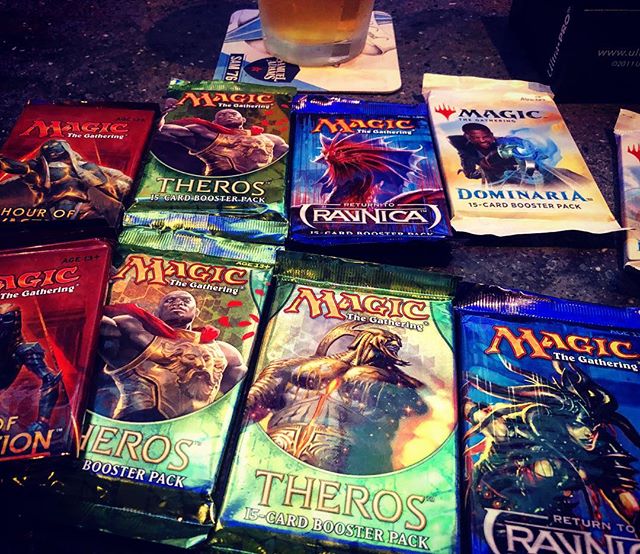Rules

As with the other network components, there are several overlapping sets of rules and rule-like protocols that define and guide the behaviors of those engaged in the activity of playing Magic.
The Magic rules themselves describe and constrain gameplay so that all players understand the fundamentals of the game itself. To this end, there exist the basic rules, a brief overview of the game’s principles and most common play actions, and the comprehensive rules, a nearly exhaustive explanation of the game’s rules as they should be resolved in a number of various circumstances.
In addition to the official Magic rules there potentially exist one or more house rules created by one or more communities that might impact play within those communities. For example, some groups may amend the official mulligan rules for creating an opening hand. Tangential to this sense of house rule is the hyper-localized arbitration of rules disputes between two players when no clear or official answer/decision is easily available (or, especially in a casual setting, when neither player is particularly motivated to search for the official answer).
There are also conventions and mores that strongly influence how players in a local or the broader Magic community conduct themselves through play and in social interactions surrounding gameplay. This might include altering personal play style or level of competitiveness when in a game with a much newer or more expert player, or it might involve making sure that an opponent understands how a card being cast works, mechanically, in relation to other cards on the table (especially if its mechanics differ significantly from the norm). In organized play settings (that is, at official Magic events), behaviors that may be understood as cheating have the potential to result in game losses, tournament disqualifications, or outright banning of players from events.
There also exist the rules—which is to say the social conventions and norms that guide the construction of one or more strata of Magic communities. For example, Mark Rosewater (2019) discussed the need for diversity of numerous kinds and perspectives to create a stronger, more enthusiastic community of players as well as a more interesting, engaging, and successful game.